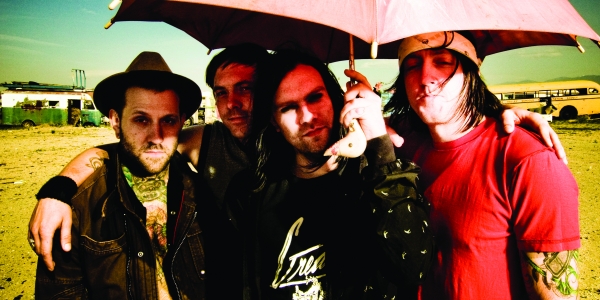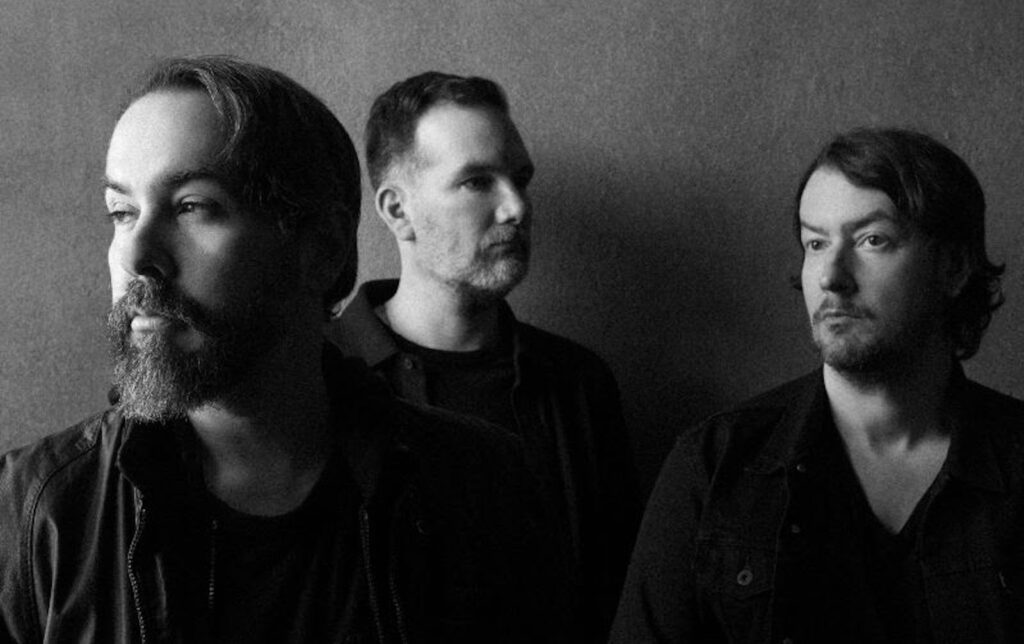You would think Vai would want to hold his cards very close to his chest, but he’s always been cool about sharing secrets about how to get the most out of the guitar. In the mid ’80s his transcription of Van Halen’s Eruption for Guitar Player magazine was probably the most shared and photocopied guitar tab ever. Add to all of that his Martian Love Secrets columns from 1989 (and reproduced on his website, vai.com) and his famous Guitar World 10 Hour Guitar Workout and I guess you could even say Vai is one of the most widely recognised guitar teachers out there.
Vai is heading to Australia in October to present his Alien Guitar Secrets masterclasses in association with Thump Music. Far from a mere guitar clinic, Alien Guitar Secrets is an extensive exploration into what it means to be a guitarist. Previous classes overseas have covered (within the one session) topics including setting short and long-term musical goals; basic guitar playing concepts and music theory; fostering your own uniqueness on the guitar; navigating the music business; and Q&A and meet and greet time.
As anyone who has been lucky enough to spend some time picking Vai’s brain about guitar matters would know, he’s always willing to share tips, advice and experience. I interviewed Vai in 2009, and we had a great discussion about improvisation which has stuck with me ever since.
What is your approach to improvising? What goes through your mind?
“Part of me thinks about real practical stuff – ‘We go to this piece of gear here, we shift into this mode here, we try this harmonic atmosphere.’ But that’s a very small part. The thing that I try to capture is a particular frame of mind. It can be elusive, but there’s this focus that you go to, this little place that exists between your brain and the tip of your fingers and your ears. It’s this process of listening to your environment, processing it with your creative element, then letting that creative element take control of your fingers and just trying to step back from it. But it’s easy to lose that focus, because when you’re doing that, usually for me, you’re in the moment. Improvising, most of it is listening – responding to what’s coming into your ears and letting your fingers move in an unobstructed way. There are all these little flashes that are just comfortable visuals, like you’re hearing something and you know there’s a particular scale or note or atmosphere or chord that’s going to work. And here’s the trick with being in the moment: you almost have to be a little bit ahead of the moment. You have to think about where you’re going, and then once you’re exploring where you’re going, your fingers and everything are performing where you were thinking about going. So you’re almost not even a part of the playing – your whole consciousness is in that elusive space of just a little bit ahead of what you’re about to play.”
I know for me something happened about five years ago with improvising. It was almost like time was slowing down and I was getting in between the notes and hearing things before I play them.
“That’s the thing. It’s like becoming one with the note. It’s about letting go of your hang-ups, about not being afraid of what’s going to happen, about letting go of the big fear of being accepted, or that what you’re playing isn’t good enough. So many people get hung up on that shit. ‘I don’t have the cool gear,’ or whatever that is, you know? You’ve really gotta let go of all of that shit and be in the moment of the note. Being in the moment is that frame of mind where you’re not thinking about these other things. Because the moment you’re thinking about these other things, you’re creating the future and the past. But you’re right on when you say that time starts to stand still and slow down. Because what happens is the mind is constantly creating the future and the past because of the way we think. We’re always thinking about what we’re gonna do, or what we did, or what happened yesterday, or what’s going to happen tomorrow. But when you bring your focus of attention to what you’re doing at hand, you’re not thinking about the future and the past, so time is actually slowing down. It’s just a perception, really.”
It’s really deep to discover this side of myself personally and musically. It just seemed to open up so much more!
“Yeah, and that’ll continue to open up, the more you let go.”
Man, I love music!
“Yeah. It’s a good life!”







